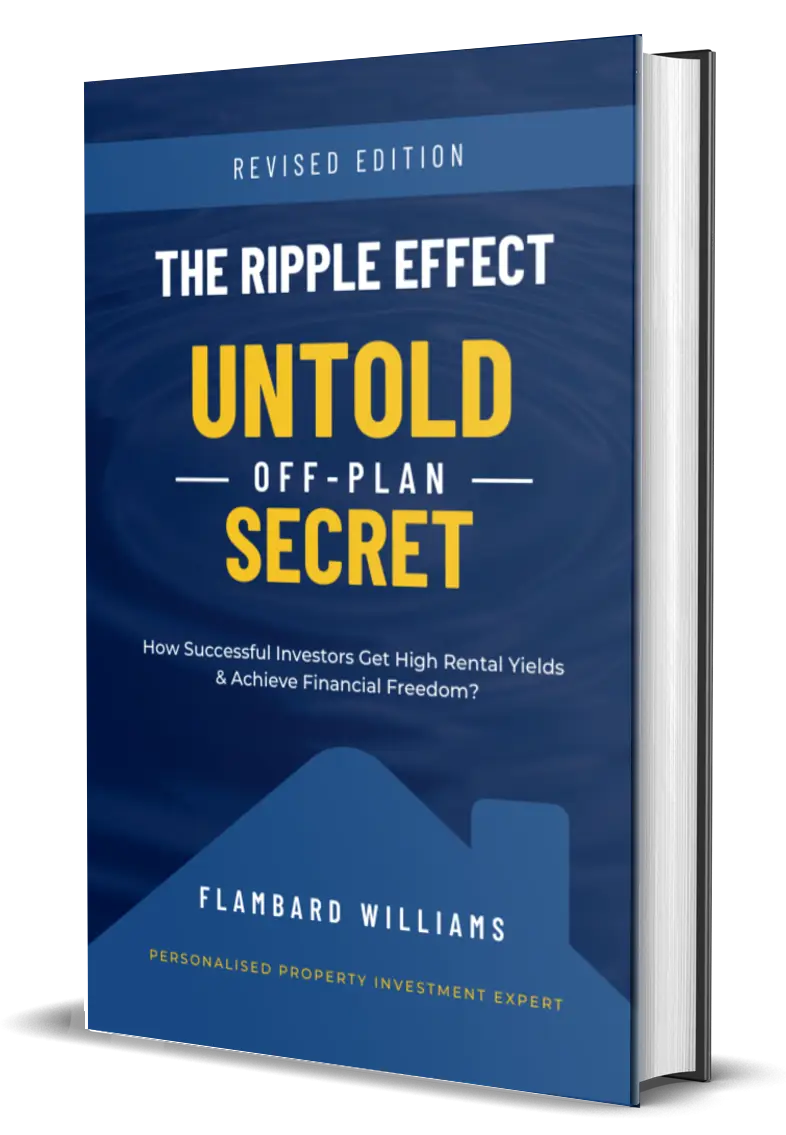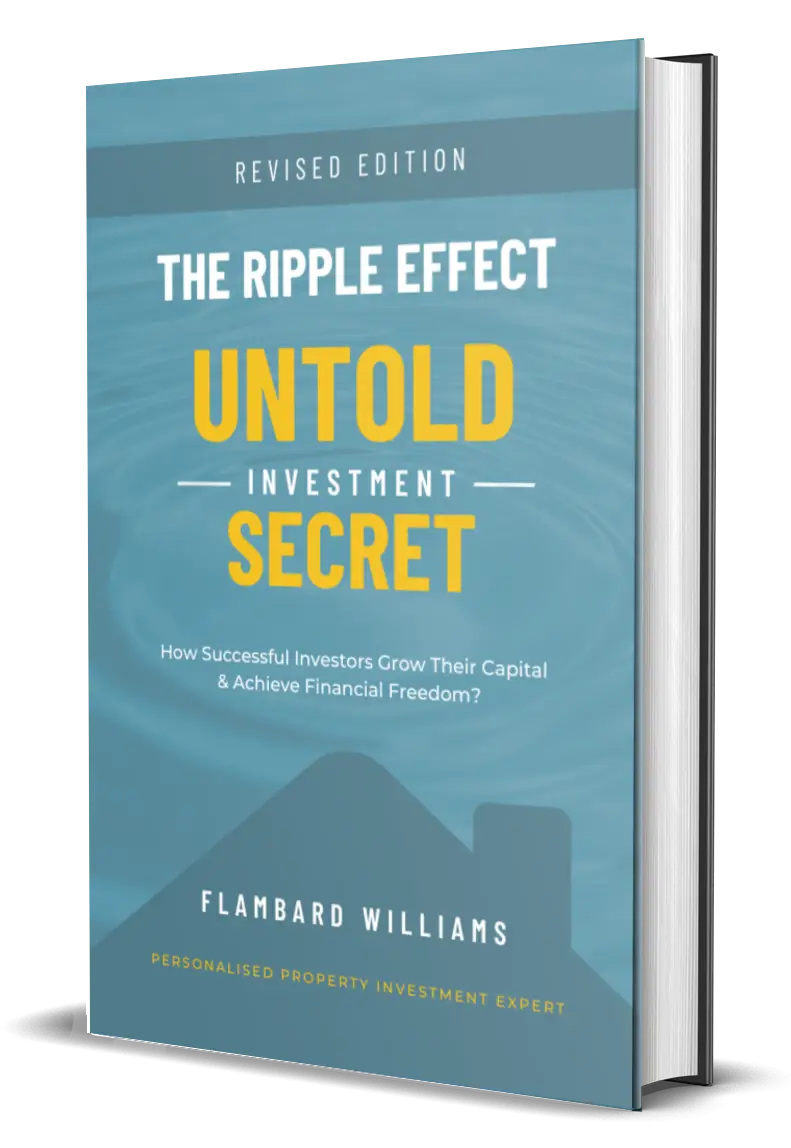We know that investing in property can be a daunting prospect to those that are looking to become an investor.
If you are thinking about investing in your first property, you will need to set up a plan as to how to start. We have listed our top 8 steps to getting started in the buy to let market.
1. Create a Business Plan
Before anything else, you must start with a business plan. This will form the basis of your investment and should be used as a guide throughout, and only deviated from if your investment model changes. this point is crucial for success, and given this is a business involving complex elements, you must set out your goals from the offset.
2. Funding
Again, another key element and one that should be looked into and established at the same time as a business plan as it forms a key part of the strategy. Generally, most would be investors will start with a cash sum, but in order to move forward, you need to decide whether or not you will be using other forms of financing, whether that be via a mortgage with a bank or third party. Speaking to a Mortgage Adviser or independent IFA or indeed your accountant may well assist in this process. Once you have your funding strategy in place you can then start to look at a property.
3. Choose an Independent Property Broker
Why should you use an independent property broker? Surely this is something you can do yourself? Well in our experience, our clients find the process of using a broker far easier than navigating the myriad of developments themselves, as agents that are not independent try to convince them their portfolio of properties is best. The job of a good broker is to work to your business plan, and present to you the property that suits your unique requirements, looking to build a strong and trusting client/broker relationship that can help you to build a portfolio of properties in the knowledge that your interests are the key driver in any decision, and not that of the broker.
4. Managed or Self Managed
This is important, as this will to a great extent dictate where you may buy the property and could restrict you with regard return as a result. In the market today there are many agents that offer a complete hands-free investment and do so at little cost. However, make sure that the letting company is registered with an accredited body like ARLA, NALS, or RICS. This indicates that they are committed to professional standards. Also look for a registered SAFEagent, which shows that the agent has recognised client money protection in place. This should give you and your tenants peace of mind.
5. Due Diligence
Again, this is key. Make sure that all that is offered to you can be backed up either legally or with certain insurances in place. Your property broker should have helped in this process as we here at Flambard Williams do a lot of that work for you, and will only work with developers that have a track record in the industry. As a client, you should always satisfy your own curiosity and undertake your own checks and ask the questions you feel you need to ask to satisfy any issues you may have. A good broker should always be working for you and a good broker will tell you the advantages and disadvantages of every deal.
6. Buy at a Discount
Self-explanatory really. Most new builds/off-plan property is offered for sale at a recognised discount to market prices at the time. Usually, discounts on market prices, typically backed by organisations such as RICS sit at around 5%-15%. This allows you to enter into the market at a discounted level and maximise the return you achieve.
7. Buy Where There is Demand for Rental
Make sure the area you are buying in has a demand for rental property. The area should have a demand for the type of property you are about to purchase, talk to local agents or speak to letting agents in the area to see what the demand is. The last thing you want to do is purchase a property in an area where demand is low. Occupancy rates are key, many places can offer great returns if they are rented out, however, they may be in areas that have low occupancy rates, thus impacting on your overall return.
8. Find a Solicitor
In many cases, clients will use recommended solicitors, although it may be beneficial to find a solicitor that works independently from the development and your parameters. You should be able to structure a deal with a solicitor to do multiple transactions, thus securing you a better transaction base and keeping costs to a minimum. If you do not have a solicitor in mind, then we here at Flambard Williams have a short list of trusted solicitors that can we can provide you with.
For more information about investing in buy to let properties, call us today to speak to one of our award-winning property specialists and let us help you to invest the right way.












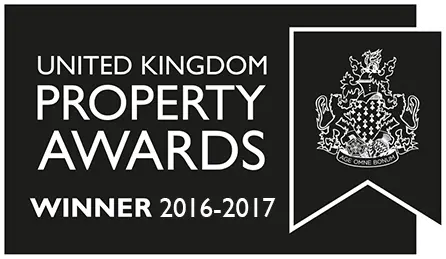
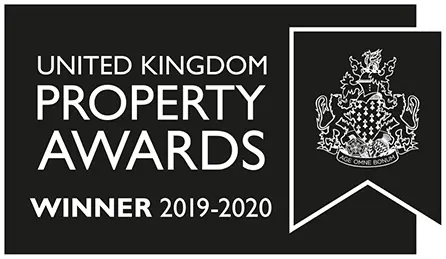
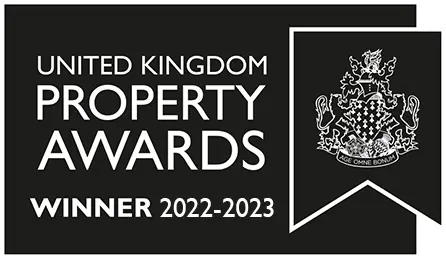
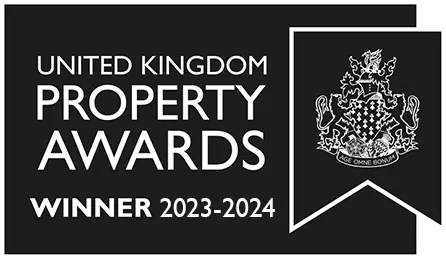





 Exclusive Property Launch Invitations
Exclusive Property Launch Invitations Customised Market Reports
Customised Market Reports Exclusive Access to Off-Market Properties
Exclusive Access to Off-Market Properties Networking Events
Networking Events